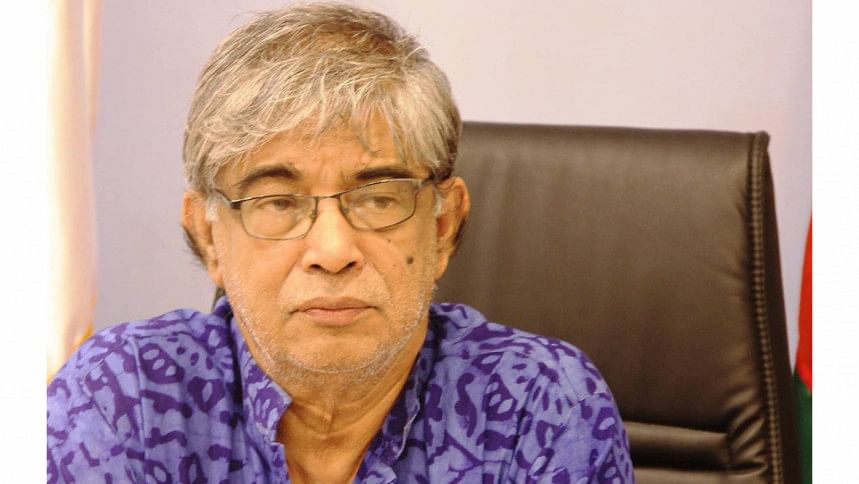Social Media Contents: Strict watch before polls

The government is hurriedly installing a system to monitor social media, and filter and block “malicious and objectionable content” ahead of the elections.
The system, which could be up and running next month, would filter content with key words. The flagged content will be blocked in Bangladesh after the authorities verify the “threats”, officials concerned told The Daily Star.
The system to be installed under Cyber Threat Detection and Response Project will do the same in case of non-social media websites as well.
The project, taken up in July 2017, was scheduled to be implemented in June next year, but a large part of it is being put in place hastily considering the polls.
The government is taking comprehensive measures keeping in mind how social media had been used for destructive activities in the recent past, especially during the last general elections, ICT Minister Mustafa Jabbar told The Daily Star.
“State security is above everything,” said Jabbar, adding, “That's why we asked the authorities to launch at least a part of the project before November.”
The Election Commission might declare the schedule for the polls next month with voting day in December.
The system to be installed under the Tk 149.59 crore project would be able to monitor on the fly people's activities through 2,700 Gbps bandwidth, four times what entire Bangladesh uses.
As of August, there are about 9.05 crore active internet connections in the country, according to the Bangladesh Telecom Regulatory Commission (BTRC), and 3.10 active Facebook accounts.
Officials concerned said the equipment would be installed in the first week of October and test runs would start after connecting a number of large international internet gateways.
The minister had recently held meetings with gateway operators and other stakeholders for this.
Supplier Tech Valley Solutions Ltd is getting the equipment from the USA, and a team of the telecom department is visiting the US.
The department would hand over the system to BTRC for operation once equipment installations and dry runs are complete, said officials.
According to the new Digital Security Act recently passed by parliament, an agency is to be formed that would monitor, filter and block malicious content.
Officials at the telecom department said who would run the system would be decided later.
MULTI-FRONT APPROACH
The government is apparently not relying on this system only.
An intelligence agency is also working on a similar system to monitor and filter and block “objectionable content”. The agency has started connecting its system to internet gateways and hopes to have it operational soon, according to a letter sent to the BTRC.
Following a verbal nod from policymakers, Radisson Digital Technologies Ltd, a local company, placed a proposal before the BTRC to install a system that would allow temporary blocking of “rumours” in social media between October and January, pre- and post-election time.
The implemented project would cost around Tk 50 crore and would be treated as a short-term solution.
Sources in the BTRC said its officials are not in favour of this project as it is only a short-term solution and they already have alternative projects in place.
The ICT minister said the government has also had several rounds of talks with Facebook and has sought its assistance in maintaining law and order during election time.
“Our relationship with Facebook is much stronger than before and we have been able to make them [Facebook] understand our laws.”
During a workshop at the BTRC with Facebook officials yesterday, Jabbar recommended that national ID numbers and mobile phone numbers be made mandatory for Facebook accounts created in Bangladesh.
The minister made the recommendations in the inaugural session of the workshop, and in the second session Facebook officials said they could not implement the suggestions due to privacy policy issues.
They, however, said they would forward the recommendations to their high-ups, said a senior official of the BTRC.
Ashwani Rana, head of connectivity policy of Facebook, attended the programme with a number of senior executives of the company.
Tarana Halim, state minister for information, recently said they were forming a monitoring centre that would work round the clock to monitor, and filter and block “rumours” in social media.

 For all latest news, follow The Daily Star's Google News channel.
For all latest news, follow The Daily Star's Google News channel. 







Comments